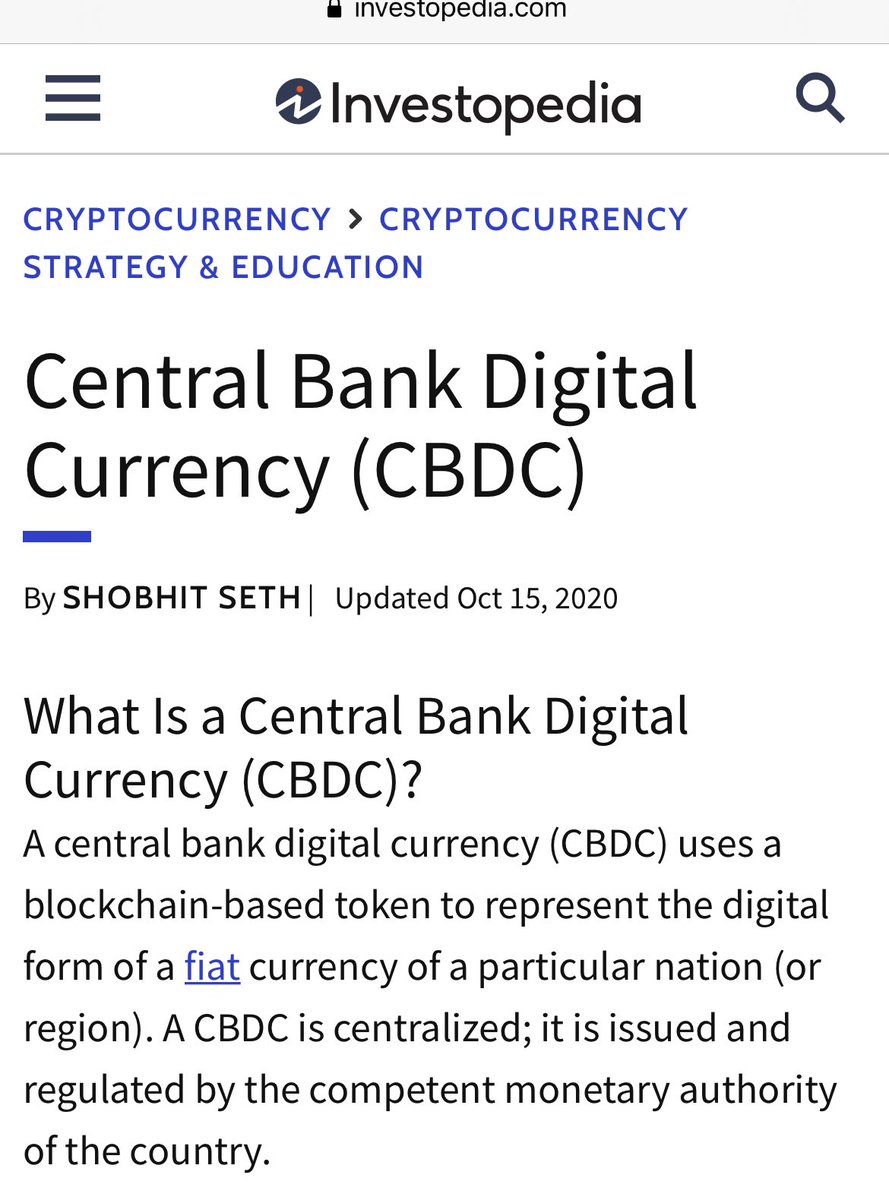
This will probably be the last thread and it is aimed at innovators and startups in Fintech sector. I have been engaged with various regulators especially @ReserveBankZIM on allowing crypto startups to take part in the token economy under supervision by authorities.
https://twitter.com/mentorshipzim/status/1363677636501905419
New York City (US) has been awarding what is called a Bitlicense to fintechs innovating in crypto which is a way of keeping a tab on what they are doing and protecting the public. RBZ announced a Fintech Regulatory Sandbox Framework.
https://twitter.com/finxzim/status/1362378600973033473
From my engagement with @ReserveBankZIM this will permit crypto startups to make an application which the regulator can then assess and waiver or relax rules which otherwise would stop testing on live markets. I would say this is the most progressive approach a regulator can take 

To all start ups which were building crypto solutions in the shadows of the banking ban, I would encourage you to apply when this goes live as it can enable you to scale locally made solutions which target local challenges and market.
Most financial platforms currently exclude Zim as a whole country including crypto exchanges such as Binance. The reason for this is because they weigh risk of being caught breaching US sanctions law by OFAC and this threat is real-Bitpay learnt recently home.treasury.gov/policy-issues/…
The only way Zimbabweans can have easy access to these services is if there are local exchanges like in South Africa where they have more than three crypto exchanges connected to banking system. A lot of youths in places like Nigeria and SA are earning a living through crypto
Working in financial services has given me a lot of exposure into the solutions out there in the market and this Fintech space offers a lot of opportunities for the Zimbabwean economy if the gvt is to implement crypto friendly policies. It has the potential to attract investment
Recently @jack and Jay Z launched a 500 bitcoin Fund targeted at crypto in Africa and India. google.co.uk/amp/s/m.econom…
In the face of a ban Zimbabwean startups cannot participate in these sort of initiatives and country will lose out on skills development and infrustructural development. Lastly it doesn’t make sense to ban technology which is now bankable in other jurisdictions.
This is an extract from the most recent monetary statement by RBZ on fintechs rbz.co.zw/documents/pres… 

In my opinion, where decentralised technologies are involved, bans are now akin to shutting the stable door after the horse has bolted. The only way is to regulate intermediaries involved and allow participants interested to take part. Bans are more harmful than beneficial
In light of the above - one of the sensible ways of enabling innovation is through technology friendly legislation. I have a draft Private Bill of Parliament which I am trying to promote and get debated in Parliament. 👇🏿
https://twitter.com/prosmoon/status/1353169251000066048
My line of thinking is that if this is left to public institutions it will take years before Zimbabwe is on level field with the rest of the world as it is a complex area touching on both technology and law. I am happy to debate with anyone interested parlzim.gov.zw/types-of-bills 

Thank you all for the interaction.
• • •
Missing some Tweet in this thread? You can try to
force a refresh






